A political resource to build shared ground
Bringing 1500+ activists and organizers from myriad movements to the 13th AWID International Forum brings up the inevitable family gathering question: Who is everybody and how are we all related?
AWID considered how best to share the struggles, values and strengths of organizers and advocates from across movements. A seed of an idea came with the Movement Sourcebook.
As a preview to the launch of this resource before the Forum, we pulled out four questions out of the nine we asked movement organizers and leaders to answer. In this blog series we will be featuring a variety of responses submitted.
The responses we include here show the breadth and depth of the values, strategies, demands and needs of diverse movements - all of which seem to be interrelated. We have much in common and our visions for the world are breathtaking.
What are the key concepts and ideas used by your movement? How do you define them?
1. RESURJ
RESURJ works for sexual and reproductive justice through national, regional and international advocacy across Africa, Asia, Latin America, Europe and the Middle East.
- Personal agency is crucial to individuals living happier and more fulfilled lives. RESURJ recognizes people’s agency as an essential precondition for a just harmonious world.
- We employ a feminist intersectional analysis which recognizes historic injustices and systemic unequal gender power relations. We believe in meaningfully inclusive, participatory and democratic processes and commit to accountability and transparency within our own movements.
- RESURJ uses a justice approach which aims to transform power inequities, create long-term systemic change, and relies on leadership of communities most impacted by sexual and reproductive oppression.
- Through sharing power, building trust and nurturing solidarity, we foster partnership and support intergenerational dialogue
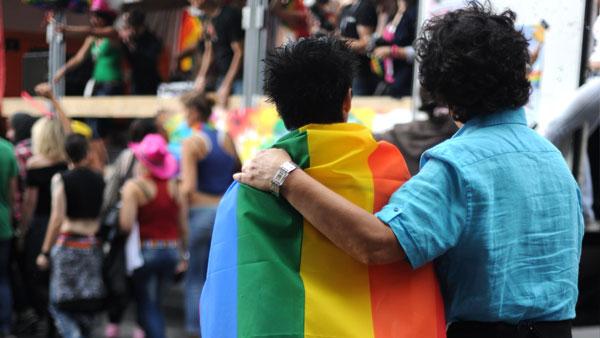
2. English Collective of Prostitutes (ECP)
ECP campaigns in the United Kingdom for the decriminalisation of prostitution, for sex workers’ rights and safety, and for resources to enable people to get out of prostitution if they want to.
- Our approach emphasises self-determination and self-help. Sex workers must decide how we want to work – not the police, local and national government, pimps, madams/managers and those who profit from our work.
- ECP supports women’s right to organize independently.
- Priority is given to the situation of sex workers who face most discrimination and violence, that is: sex workers who work on the street and/or who are migrants, people of colour, LGBTQ people, etc.
- We organize across international borders and with other sectors of society.
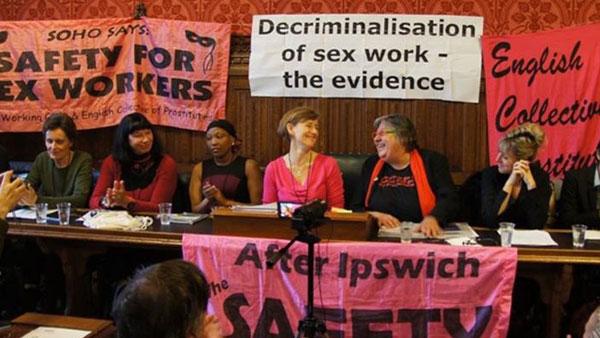
3. Diverse Voices and Action (DIVA) for Equality
DIVA creates diverse opportunities and safe spaces for lesbian, bisexual, trans* masculine people and marginalized women*, to fully participate in all areas of life and community in Fiji. DIVA works toward gender equality, universal human rights, and social, ecological, and economic justice for all.
- DIVA uses a South feminist framework to work toward gender equality, universal human rights, and social, ecological, and economic justice for all. We work to a self-defined, and movement informed set of feminist principles which we adjust over time (current version available on request).
- We build interlinkage and intersectional praxis in our work. We use a strong universal human rights framework, and an ecological justice framework. If all species and this planet do not survive and thrive, then neither can humans.
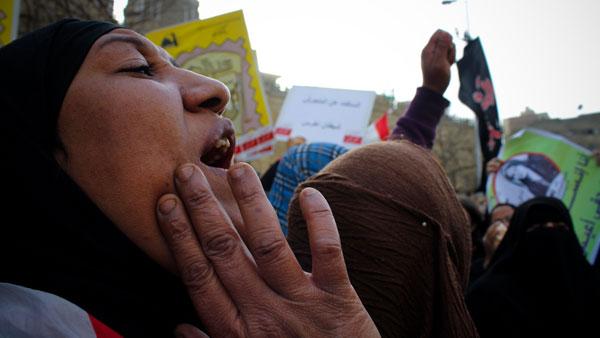
4. Movimento da Mulher Trabalhadora Rural do Nordeste (MMTR-NE)
The Rural Women’s Workers Movement of the Northeast was born out of the need to visibilize the voices and needs of women rural workers in the Northeast of Brazil.
- We support the self-organization of women as a core feminist principle and as a key tool to ensure the role of women, to put forward the strength of their political agenda and confront social inequalities.
- We understand political participation as essential to civil and economic empowerment. A woman's ability to make decisions needs to be linked to positive participation for the full exercise of citizenship.
- The struggles of women in MMTR-NE have contributed to the construction of a new feminist and agroecological paradigm. Taking on the role of subjects in the educational process, women are building their own methodologies and are producing and reproducing knowledge.
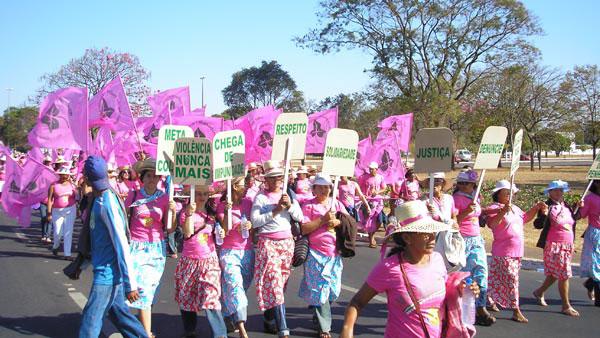
5. IM-Defensoras
IM-Defensoras started its work in 2010 with the aim to provide an integrated and regional response to the increase in violence against women human rights defenders in Mesoamerica.
- Considering that the risks are gender-specific, the experiences of IM-Defensoras are best reflected in the categories, concepts and methodologies of feminism.
- As Women Human Rights Defenders, we understand that ‘security’ is to live without fear of being attacked, and to be able to continue with our lives and work in an environment free from violence. A central focus of security takes into account the public and private sphere, and includes the necessity to feel safe at home, at work, and in the streets.
- In terms of personal safety, this includes support for the physical and mental well-being of Women Human Rights Defenders as well as the security of their families and comrades. Security also means having a safe space, with the adequate resources, for Women Human Rights Defenders and their organisations to perform their work.
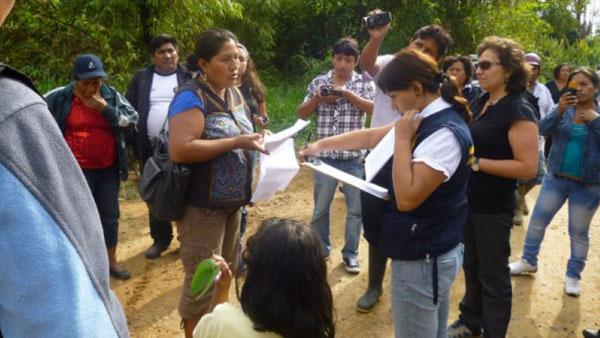
Blog series
This piece is the first part of a series of blog posts sharing a selection of reflections and thoughts from a range of movements organizing for justice around the word.
